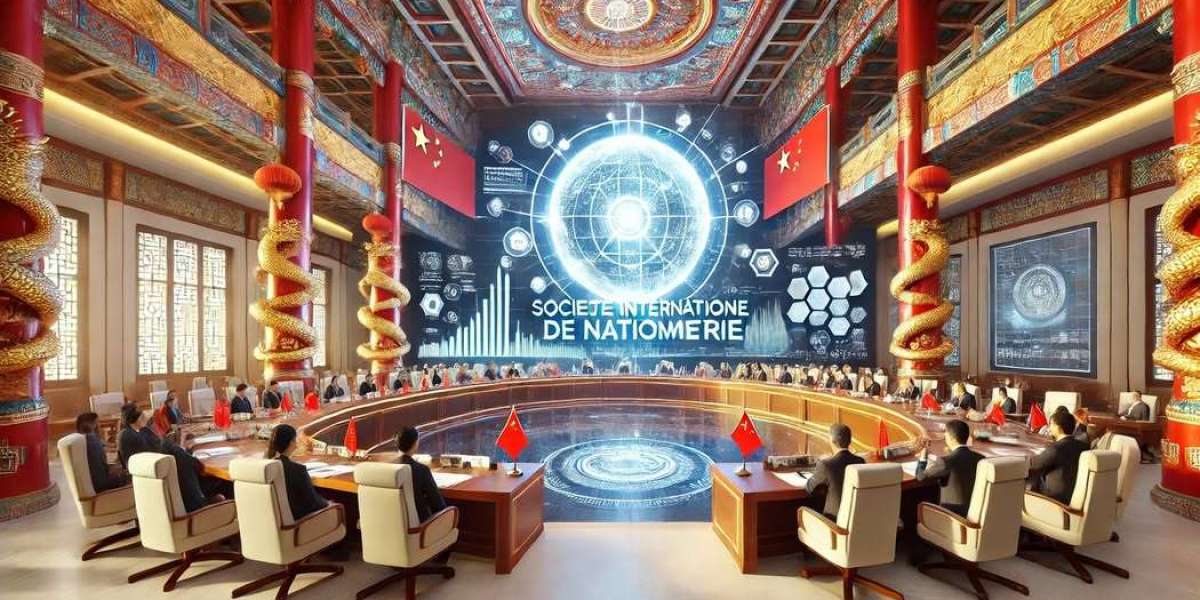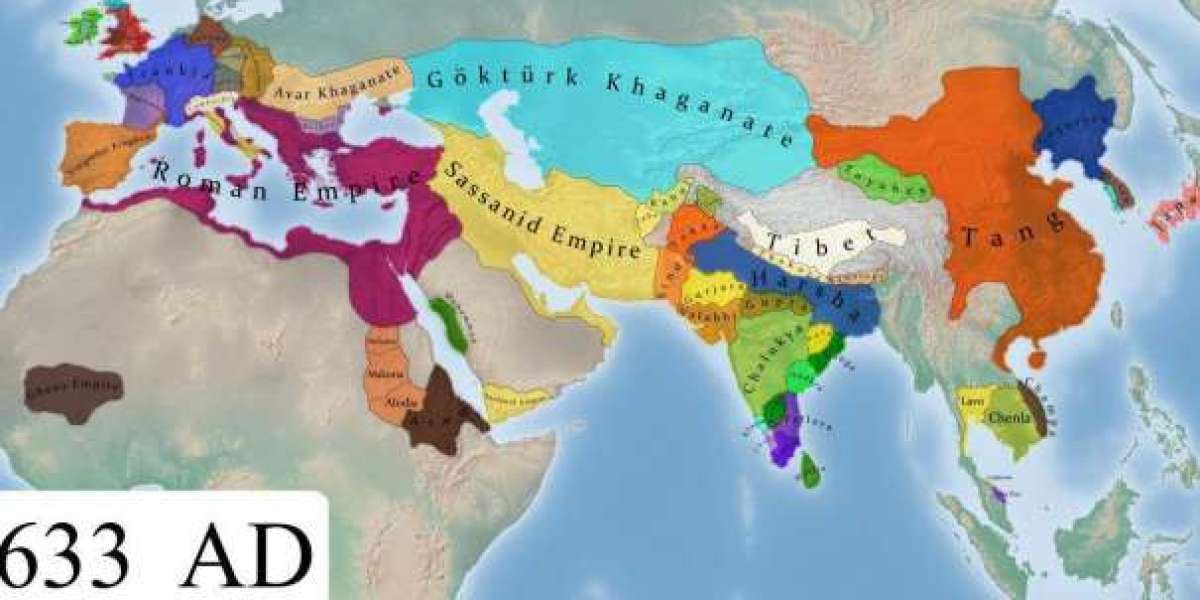Introduction :
Beijing, a Strategic Gateway for Natiometry.
The history of civilizations is a subtle dance between permanence and transformation, between recurring cycles and unprecedented ruptures. In this vast movement of time, certain capitals stand as strategic nodes where the forces of History converge. Beijing is one of them. As an imperial city and the beating heart of China, it is both the custodian of a millennia-old heritage and a laboratory for the great transformations of the 21st century.
Within this dynamic, establishing a representation of the International Society of Natiometry in Beijing would mark a significant advancement. Natiometry, as the science of nations, finds in China a privileged ground for application. The cyclical vision of time inherent to Chinese thought, the magnitude of its socio-economic transformation, and its key role in global governance make Beijing a natural anchor point for an institution that seeks to measure, understand, and anticipate national dynamics.
I. China, an Epicenter of Global Governance and Long-Term Thinking :
China does not operate within the frenzied immediacy that characterizes many contemporary nations. It is rooted in a temporality where each movement fits into a broader logic, conceived on the scale of centuries. Like the Great Wall, built over several dynasties, China constructs its future with strategic patience.
Beijing, as the political capital, embodies this long-term vision. It is the seat of a governance model that interweaves past, present, and future in a logic of controlled evolution. The Belt and Road Initiative, for example, is not merely an economic project: it represents a profound reconfiguration of global geopolitical flows.
Natiometry, which aims to study the historical cycles of nations, detect their fractures, and anticipate their transformations, finds deep resonance in this Chinese perspective of time. Cooperation with major Chinese institutions would enrich the predictive models of the Natiometer by incorporating civilizational conceptions of change that differ from Western paradigms.
II. A Bridge Between the Science of Nations and China’s Technological Power :
While China excels in the art of long-term strategy, it is also a thriving technological powerhouse. Its advances in fields such as artificial intelligence, quantum computing, and big data analytics make it a key player in the ongoing cognitive revolution.
The Natiometer, as an instrument capable of capturing the deep vibrations of nations, relies on both quantitative and symbolic models that could greatly benefit from China's scientific infrastructure. Beijing is home to some of the most advanced research centers in the world, specializing in the analysis of global dynamics. A collaboration between Natiometry and major Chinese laboratories could further refine the precision of geopolitical forecasting by integrating Natiometric models with predictive simulation tools developed in China.
Beyond technology, Chinese thought offers a unique conceptual framework. In the tradition of Yin and Yang, every force contains its opposite, and each cycle bears the seeds of its transformation. This dialectical logic, when applied to national dynamics, could enrich the interpretation of contemporary social tensions and mutations. A dialogue between Natiometry and Chinese thought could thus lead to a more nuanced understanding of the forces reshaping our world.
III. A Diplomacy of Knowledge: Strengthening the Legitimacy and Influence of the International Society of Natiometry :
Opening a representation in Beijing would not merely be a scientific establishment—it would also be a powerful diplomatic gesture. With its political, economic, and intellectual weight, China is now a structuring actor within international institutions. Its participation in major global platforms (UN, BRICS, G20, ASEAN) makes it a key interlocutor for any initiative aiming to engage with a multipolar world.
By establishing a presence in Beijing, the International Society of Natiometry would enhance its visibility in Asia and gain direct access to Chinese intellectual and strategic circles. It could thus bring Natiometry into global strategic discussions, demonstrating how this scientific approach can inform major geopolitical decisions.
Furthermore, Beijing could serve as a gateway for expansion into Asia and the Pacific, enabling the integration of Indian, Japanese, Korean, and other Asian perspectives on historical and political change. A presence in China would therefore offer a bridge to the entire Asian continent, solidifying the International Society of Natiometry as a key player in the sciences of the future.
Conclusion :
A Window to Asia and the Future of Nations.
At the dawn of a world where nations are being redefined through multiple transformations, Natiometry stands as an essential science to anticipate and guide these evolutions. To fulfill this mission, it cannot remain confined within a Western or Eurocentric framework: it must open itself to other conceptions of time, power, and history.
Beijing thus emerges as a strategic anchor point—a crossroads where the old meets the new, where tradition meets innovation, where stability meets change. The opening of a Natiometry office in China would not merely be an institutional expansion: it would be a foundational act for a science that aspires to be global, interdisciplinary, and visionary.
Only by adopting this broad perspective—by integrating the knowledge and sensibilities of all major civilizations—can Natiometry fully realize its role: to be the clock of nations and the architect of possible futures.
Amirouche LAMRANI and Ania BENADJAOUD.
Associate Researchers at the GISNT.









